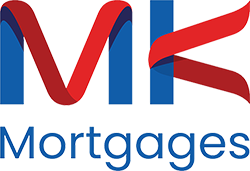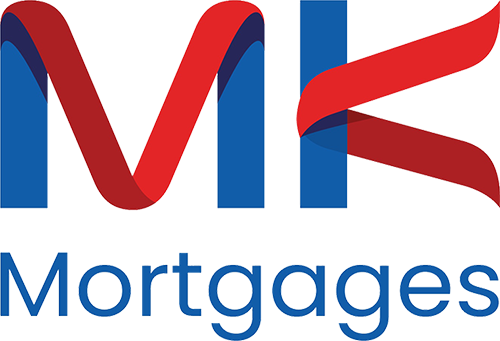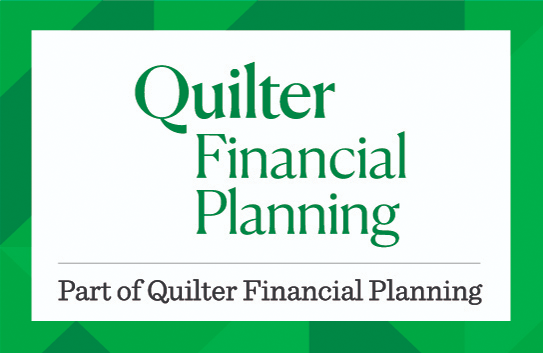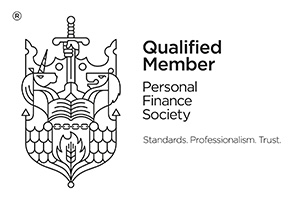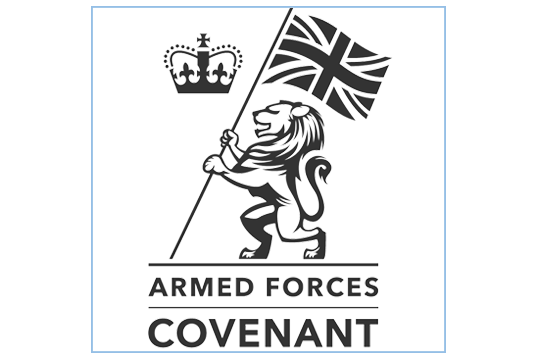
The simple answer is yes, you can.
The common perception is that if you’re self-employed, then you will find it much more difficult to secure a mortgage, particularly during a pandemic that has seen many self-employment incomes taking a hit.
This is not necessarily the case, since in essence, applying for a mortgage follows the same process regardless of your employment situation.
However, lenders’ assessment criteria will differ, as unlike those in permanent employment, your income is likely to fluctuate from month to month. From a lender’s point of view, this classes you as a slightly higher-risk option.
Since the pandemic began, we have also seen lenders change the way they calculate how much a self-employed person can borrow. Many lenders’ calculators request an employment status, and selecting ‘self-employed’ generally sees a reduction in the loan size.
That’s why forward planning, ensuring your personal finances are in order – and finding a good accountant who takes an active interest in your business – are key elements to consider before you apply for your self-employed mortgage.
How to Prepare for Your Self-Employed Mortgage Application
Generally, you are classed as self-employed if you own over 25% of a business. If you are in a partnership, you will be treated as a sole trader for mortgage application purposes.
Ultimately, your mortgage will be calculated according to your legal status; for sole traders and partnerships this is based on your net profit, and for limited companies your salary and any dividends, or net profit of the company.
Regardless of its structure, your company accounts and paperwork must be up-to-date, and the longer your business has been trading, the better. In most instances, a lender will look at your trading figures for the past two years, then calculate an average. However, if the most recent year has generated a lower figure, that amount will be used instead.
This is where we are going to see the biggest challenges for lending in the coming years, given the impact of Covid on some businesses.
What Business Information Will You Need to Provide?
To prove your self-employed income, lenders will request a variety of documents. These could include your company accounts for the past two years, and an accountant’s reference – both of which must be signed by a chartered accountant – or your personal tax computations and corresponding Tax Year Overviews for the past two years.
These are usually available from your online Government Gateway, or your accountants’ software.
(A personal tax computation can also be known as an SA302, and usually refers to the document posted to you direct from HMRC.)
You may also need to provide business bank statements, so that underwriters can both assess your current finance levels, and confirm any government support, such as a bounce-back loan, or the Coronavirus Business Interruption Loan Scheme (CBILS.)
Additionally, be prepared to demonstrate future business projections, as some lenders will want to be reassured that your income will continue at the same level, or increase over time.
What About Your Personal Finances?
As with those in full-time employment, lenders will take your personal finances into consideration when assessing your suitability for a mortgage.
While it’s a myth that you must be debt-free before you can apply for a mortgage, lenders will need to know that any debts you do have are manageable.
So, before you make your application, it makes sense to check your credit score, and take an in-depth look at your incomings and outgoings.
If you struggle to meet your current financial commitments, bear in mind that you may need to make some adjustments before you apply for a mortgage – whatever your employment status happens to be.
Remember that the amount you can borrow, and the way your self-employed mortgage is calculated, depends on the lender. That’s why it’s particularly important to make sure you consult an advisor who is able to assess the whole of the mortgage market, rather than being tied to just a few lenders.
MK Mortgages – The Company with Mortgage Knowhow
For fee-free, whole-of-market advice about your potential options for a self-employed mortgage, please get in touch via the contact page…
